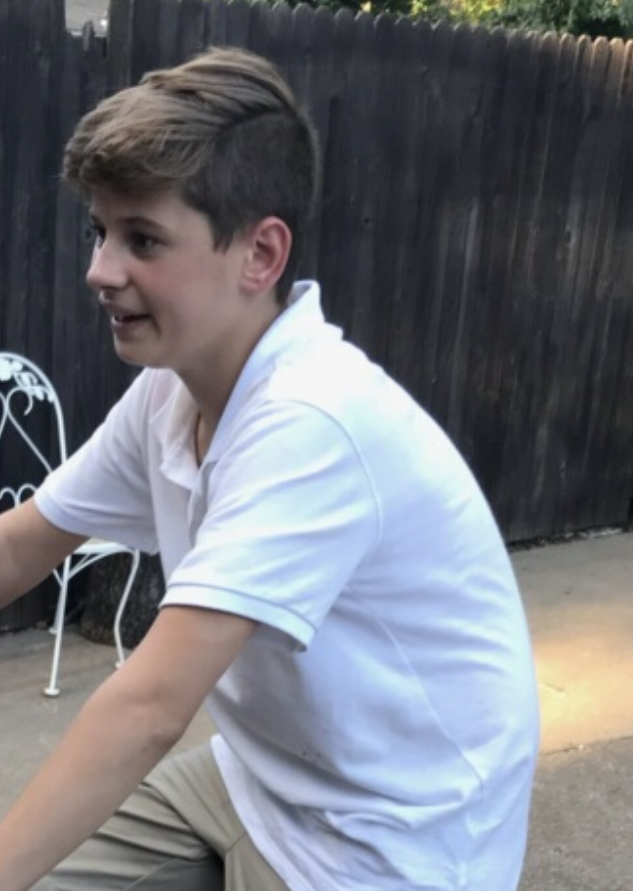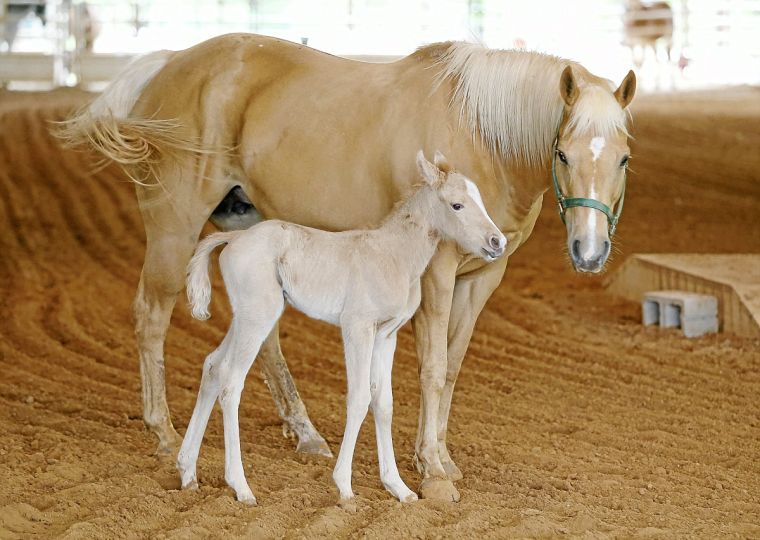Project Linus 'blanketeers' donate quilts, blankets to Tulsa Boys' Home
Table of Content
Group therapy involves treatment as well as processing interaction between group members. A local developer approached Method to come up with a redevelopment plan that would rehabilitate the existing buildings and provide much needed workforce apartment housing in the area. This project perfectly combined our passion for Tulsa, vision for community oriented housing, and experience with historic preservation.

Smith says he raised the steers since they were young and after selling his own ranch knew the Tulsa Boys’ Home was the perfect place for them.
Family Therapy:
Tulsa Boys' Home has had boys speak at our board meetings and share their experiences at TBH in their own words. Tulsa Boys’ Home also has a "Leadership Council" which consists of boys who have been selected by their Lodge Manager, Therapist, and peers as demonstrating leadership abilities. The Leadership Council provides a direct connection from the boys to our administrators and Board of Directors. This allows our boys the opportunity to ask questions, express concerns, and pitch ideas to improve our campus and their lives.
The average length of the stay at this facility lasts up to eight months. The residential unit at this facility can accommodate up to 24 boys at a given time. Boys have to share their rooms with another roommate in a dorm-like setting.
Legal
As a result, this exciting initiative is now an important, integrated component of our residential treatment program that helps troubled boys become well-adjusted, happy, and responsible adults. Tulsa Boys’ Home’s recreational activities and equine therapy allow clients to learn social skills and other additional life-coping skills. After the orientation phase, family therapy sessions come into being.

In 1924, this facility became a member of the Community Fund, which later evolved into the Tulsa Area United Way. The 160-acre Tulsa Boys’ Home remains the largest residential treatment facility serving troubled boys in Oklahoma. Tulsa Boys’ Home provides comprehensive treatment to boys who are struggling with mental health and substance abuse issues. Treatment at this recovery center follows up with an orientation phase. Boys keep on moving along the treatment levels one after the other. Clients keep on adding privileges as they move further in their treatment phase.
Boys Served
Treating patients is crucial with the necessary methods available which inc... The mission of Tulsa Boys' Home is to provide the hightest quality residential care for young boys needing placement outside their home for the purpose of develoing well-adjusted, responsible adults and strengthening the family. Apart from recreational activities, boys have to attend a school on the site staffed by professional teachers. This school proposes individualized academic attention and additional support with the help of volunteers and tutors.

In individual therapy, a patient meets one-on-one with a trained psychologist or counselor. Therapy is a pivotal part of effective substance abuse treatment, as it often covers root causes of addiction, including challenges faced by the patient in their social, family, and work/school life. A combined mental health and substance abuse rehab has the staff and resources available to handle individuals with both mental health and substance abuse issues. It can be challenging to determine where a specific symptom stems from , so mental health and substance abuse professionals are helpful in detangling symptoms and keeping treatment on track. Many of those suffering from addiction also suffer from mental or emotional illnesses like schizophrenia, bipolar disorder, depression, or anxiety disorders. Rehab and other substance abuse facilities treating those with a dual diagnosis or co-occurring disorder administer psychiatric treatment to address the person's mental health issue in addition to drug and alcohol rehabilitation.
About Tulsa Boys’ Home’s Staff
Seeking feedback from people served makes programs more responsive and effective. This means we provide approximately 1,344 meals per week, 5,952 meals per month, and 70,080 meals per year!! Plenty of good food is one of the most fundamental and basic needs we provide our boys as we help them heal and grow. Members of the Junior Women’s Association have given of their love, time, talents, and resources for many years. In the 1950s, they organized a Christmas card sales program that continues today.

We serve 64 boys, ages 13 through 18, with serious emotional, behavioral, and drug problems, requiring long-term temporary placement out of the home in a structured, therapeutic environment. Forty of our residents are placed by the Department of Human Services – the average length of stay is approximately 18 months, but longer for some. The remaining twenty-four are privately placed by parents or legal guardians in our drug treatment program. Overall, our Residential Program includes individualized treatment related to a boys’ developmental needs.
This facility serves the purpose of mounting responsible, well-adjusted adults and thereby, strengthening the family. The mission of Tulsa Boys' Home is to provide the highest quality residential care for boys needing placement outside their home, for the purpose of developing well-adjusted, responsible adults and strengthening the family. In addition to equine therapy, our residents help in the overall daily care of the horses. They benefit tremendously from the responsibility, trust, self-discipline, and communication skills they are learning through their relationships with the horses. The boys are also taught specialized equine care, horse safety, and riding skills, all as part of their overall horsemanship training. Tulsa Boys’ Home offers a residential substance abuse treatment to boys under the age of 18 years.

Essentially, Tulsa Boys’ Home is about healing broken hearts and broken homes, giving young boys a sense of hope for a positive future that they perhaps never thought possible – changing lives for a lifetime. In 1918, the Tulsa Boys’ Home took in its first five residents – two boys found sleeping in boxes in an alley and three orphans. In the 100 years since TBH’s founding, more than 13,000 boys have benefited from the services of Tulsa Boys’ Home. It was the first residential treatment facility serving troubled boys in Oklahoma and remains the largest in the state. Tulsa Boys' Home provides critically needed residential treatment to troubled young boys with behavioral, emotional, and substance abuse problems.
For these people, success is measured by longer periods of abstinence, reduced use of alcohol, better health, and improved social functioning. Recovery and Maintenance are usually based on 12 step programs and AA meetings. Tulsa Boys Home offers residential care for any boy in need of a safe place for living and staying away from any addiction in order to become a well-adjusted adult. Tulsa Boys Home offers a well-prepared, passionate, and professional staff to guide and help every boy in their healing process. The underlying premise of our philosophy and treatment model is the belief that most of the emotional and behavioral problems we see in our residents are caused by painful past events and difficult relationships.

Our plan consists of converting all 5 buildings into community oriented, pet-friendly studio apartments, with a private park located in the center. A future phase planned for the site includes an 18,000SF mixed-use office and retail building, and 18,000SF of residential townhomes. Many of these boys learn to lead productive lives and credit TBH for breaking the cycle of poverty, abuse, neglect and/or drug addiction that is often passed on from generation to generation.
Your contribution is integral to our ability to serve the young troubled boys coming to us for care and to improve their quality of life. An impressive alcohol and drug treatment centre in Sand Springs, Oklahoma with exceptionally qualified therapists and counselors specializing in providing the most effective patient care and substance... Conway explained that the facility "isn't a place for criminals" and boys placed by DHS often are experiencing behavior issues after undergoing some sort of childhood trauma or abuse. He said juveniles privately placed often are suffering from drug addiction. Either way, Conway said the facility's mission is to help the boys heal and carry out a well-adjusted life.
Comments
Post a Comment